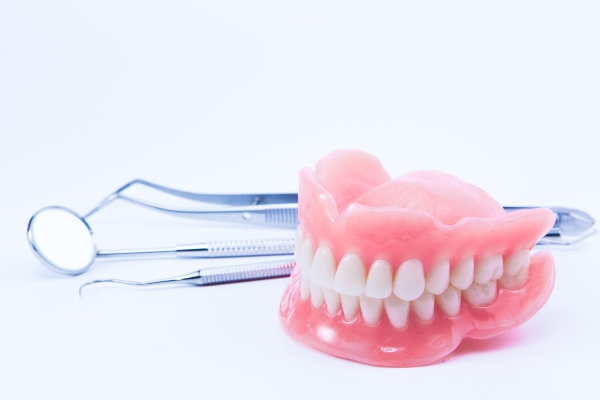 Your general dentist will know if you have bruxism or teeth grinding. This habit involves grinding your teeth together. Long-term bruxism leads to jaw pain and dental issues. Children with hyperactivity disorder and adults with constant stress often have bruxism. If you want to find out how your general dentist can diagnose and treat bruxism, here are the details.
Your general dentist will know if you have bruxism or teeth grinding. This habit involves grinding your teeth together. Long-term bruxism leads to jaw pain and dental issues. Children with hyperactivity disorder and adults with constant stress often have bruxism. If you want to find out how your general dentist can diagnose and treat bruxism, here are the details.
The diagnosis
A routine dental check can tell the general dentist if the patient has bruxism. Patients with a teeth grinding habit are often unaware of it. A simple oral exam will show the dentist signs of this condition, like dental damage or worn enamel. Chronic bruxism can lead to tooth pain and tooth loss.
Patients often learn about their bruxism from close family members or loved ones. Some people have loud teeth grinding sounds while sleeping. The noise is loud enough to disturb a person’s sleep. Young children and even toddlers grind teeth because of misalignment. It may also be from consuming drinks and foods. Parents are often the first ones to notice this and then inform the general dentist about it.
The general dentist will ask the patient if there is tooth or jaw pain. Patients with bruxism often wake up with an earache, painful jaw, or headache. The patient’s mouth pain may also come from tooth sensitivity or gum inflammation. Limited jaw mobility, locked jaw, or TMD (temporomandibular disorder) can follow.
The treatment options
The general dentist will base the treatment on the cause of the patient’s bruxism. People with bruxism during sleep can wear a mouthguard to protect teeth from wearing. Those who clench jaws when stressed out must go through stress relief therapy. Decreasing the intake of alcoholic beverages and coffee can also help. Being aware of biting on pens or pencils can also help break this habit.
A mouthguard or nightguard puts a block between the upper and lower teeth. It lightens the tension by cushioning the jaw muscles. This helps prevent jaw and face pain. It also protects the enamel of teeth from wearing down. Patients can get nightguards without a prescription. Nightguards can also be custom-fit from the general dentist.
There are various forms of nightguards to meet a patient's needs, achieve the desired comfort level, and relieve symptoms. However, patients will need an appointment to determine the correct option. For instance, while soft nightguards treat bruxism symptoms, they are not ideal for patients with severe bruxism. On the other hand, dual laminate nightguards effectively treat moderate teeth grinding, consisting of a soft inner layer encased in a hard outer shell.
Hard nightguards are made of acrylic. These are for severe teeth grinders and TMD patients. They are thicker than the other types of nightguards. These prevent teeth from shifting.
Other treatments for bruxism are biofeedback mechanisms, relaxation exercises, and stress management. These can help the patient relax and stop teeth grinding. The general dentist can provide restoration procedures once bruxism is under control. Crown lengthening, crowns, and gum grafts can bring back the patient’s healthy oral condition.
A general dentist can help patients with every degree of bruxism
Bruxism or teeth grinding is a destructive condition to oral health. Dental damage and jaw disorders arise as bruxism remains without treatment. Your general dentist can help diagnose and treat your teeth grinding. Routine dental checks can help determine the right treatment for your type of teeth grinding.
Request an appointment or call Casas Adobes Dentistry at 520-365-0559 for an appointment in our Tucson office.
Recent Posts
You might think that if you are diligent about brushing and flossing at home, you can visit a dentist's office less often. However, general dentistry professionals agree that regularly visiting a dentist is important for your dental and overall health, even with good oral hygiene. In addition, there are numerous reasons it is a good…
If you have a broken tooth, it may not necessarily be a dental emergency. In the absence of pain, excessive bleeding, or a tooth that is knocked out completely, you can schedule an appointment at your convenience and do not need to see the dentist immediately. In most cases, broken teeth can be caused by an…
When it comes to general dentistry treatments, many individuals are perplexed and overwhelmed. They are unsure about what a root canal or extraction is. Perhaps they are scared they will require the procedure or do not understand what it entails. Knowing what to expect from these treatments may help calm your nerves and make your…


